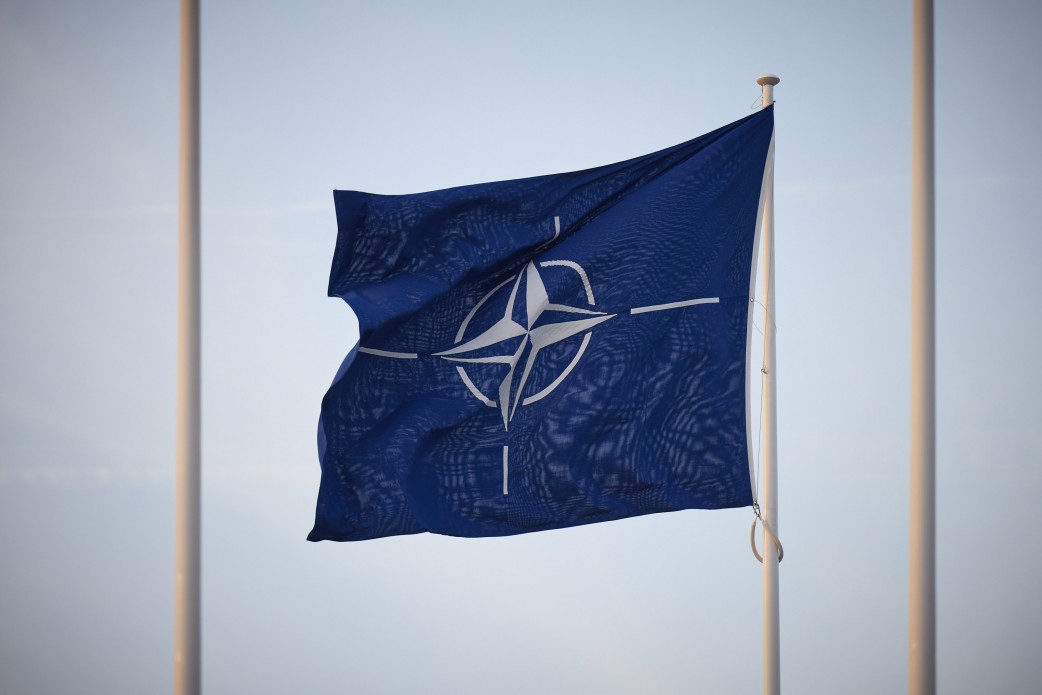By Vitaliy Kulyk for Unian
The Russo-Ukrainian war was not the main reason behind Donald Trump's executive order to suspend foreign aid. Therefore, I wouldn't reduce it to just Ukraine. Our country is one of many recipients of aid. However, it is obvious that this situation plays into Putin's hands. It can be seen as an offer to Putin for a conversation—sort of a gesture of goodwill before the call announced by the U.S. president.
Should we expect any pressure from the U.S.? First, the phone call (between Donald Trump and Vladimir Putin) needs to take place. There are factors showing the readiness for this both from the U.S. and Russia. The Russian side has already put forward a number of excessive demands before this dialogue even begins.
If any agreements can be reached in 90 days, the negotiation process could move forward. We will see this and feel it for ourselves, especially in terms of weaponry and the dynamics of aid.
However, if, after 90 days, there is only a phone call and an agreement to continue the process with no significant results, this could lead to a reassessment of providing some means, increasing aid, or other actions to push Putin into the negotiation process the way Trump wants it. I believe this is about blackmail. The goal of this pressure is to increase defense funding from NATO partners. Primarily, this effort is aimed at strengthening NATO's defense capability and trying to breathe new life into it.
If this doesn't work, the question will arise: why should the U.S. "carry" Europe's defense? Simply put, if Europe doesn't want to invest more in its own protection, why should the U.S.? But even in this case, there won't be a swift "progress" in fulfilling Trump's campaign promises. He won't take drastic steps toward fully carrying out these threats.
Trump acts radically. He isn't going to abandon everything he promised during the election campaign. Therefore, we should expect surprises. For instance, his more proactive role in regaining control over the Panama Canal could foresee economic wars with Canada, Mexico, and Panama. The U.S. will likely expand its economic presence in Western markets, attempting to force partners to pay. This will certainly anger Trump’s European counterparts, as his actions will meet opposition, likely manifesting in political dialogue. This could lead to a hard exchange of statements and remarks, which would harm Western unity in opposing Russian expansion.
We can't rule out a new phase of confrontation in the Middle East. This doesn't necessarily mean a clash with Hamas or Hezbollah but rather U.S. and Israeli strikes against Iran. It is also possible that issues related to the Houthis or the formation of new alliances in Africa will be raised. And by the way, Trump won’t be paying attention to European partners in this regard, which will irritate Europe. And, in fact, Europe can't counter him right now.
The Democrats are defeated. So now, Trump is looking to push through as many positional issues as possible, gaining credit after his inauguration. These include topics like the death penalty, the reversal of gender diversity policies, transgender issues, and matters related to democracy development aid funded through USAID in many countries around the world. This also touches on tariffs, customs duties, and excise taxes on foreign goods. Of course, there is also immigration.
I don't think he will manage to deport as many people from the U.S. as he promises. However, this process is somewhat possible. He has already halted the application that allowed Latin American citizens to enter the U.S. in search of work. Additionally, all transitions initiated through this application have been canceled.
The next step involves cooperation with certain states, particularly Republican ones. Deportation of immigrants or illegal aliens is a matter that requires joint action between the federal government and the governments of each state. However, not all states support this. And in order to carry out deportations in each state, certain procedures must be followed. Therefore, Trump, using voter support, will try to pressure Democratic and undecided states into making the necessary decisions.
Even if it’s not about deportation, at least he will push for the introduction of stringent mechanisms regarding employment and asylum provisions for migrants. Donald Trump wants to quickly resolve the migration issue, and in many respects, he will succeed. This is something that American society demands.
Meanwhile, his opponents in the Democratic camp won’t recover quickly and will only be able to start any active opposition against Trump after several months. So, he has a full quarter to implement his plans.





















